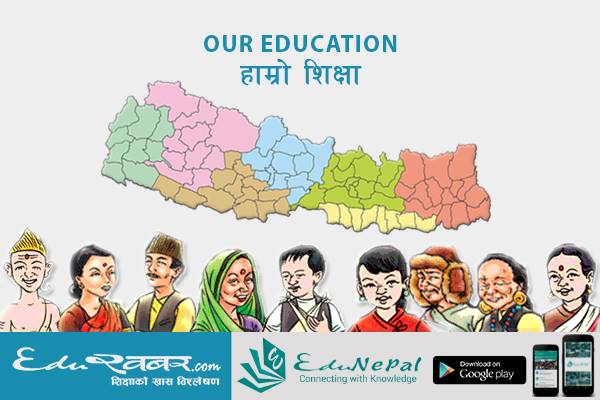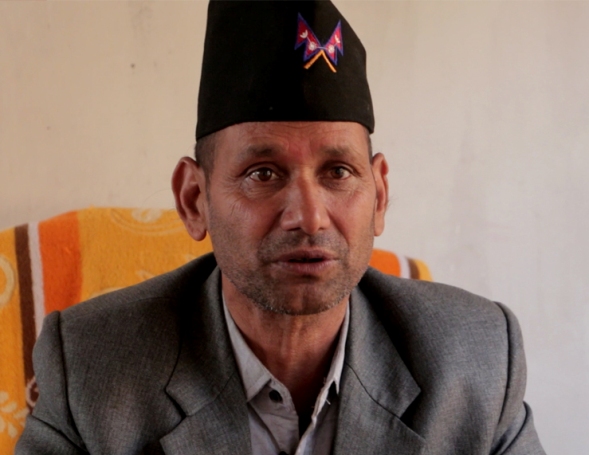
Community schools belong to Dalits and poor students. The rich parents send their kids to private schools. The same notion is in practice in Doti district located at far western Nepal. Only poor families are sending their children to local community schools. Therefore, it is a tough challenge to provide better opportunities to kids belonging to Dalits and poor families in education. Some schools lack physical infrastructure while others have roof with holes that will allow water to enter classrooms during rainy season. There is also the problem of clean drinking water.

The local governments have initiated campaign to reform the community education. They plan to lunch door to door campaign after the parliamentary and provincial elections. A team comprising stakeholders related to education, chief district officer, chief and deputy chief of the local bodies and ward chairman and members among others will attend the campaign. In our ward, we have discovered that 13 percent of children are not enrolled in schools. There is also high rate of school dropouts. Many youngsters reading in grade 8 and 9 are leaving schools citing economic constraints in family. It is a big challenge and we are trying to make an effort to find a solution.
The major question today is how to ensure that kids who are not attending schools are enrolled in classrooms. Similarly, what contributions can the ward level elected body make towards this endeavor. Some students complain that they have no dress and others say they have no textbooks. We plan to collect real data from the ground and provide scholarship to ensure greater participation of children in education. We will also try to find out the reason behind rising trend of school dropouts. We want to conduct counseling to such kids in an effort to make them return back to their classroom.
We have formed a 100 member team comprising teachers, ward chairperson and members and representatives of political parties that will conduct this campaign before the next session. The team will do homework regarding attracting students who are not enrolled in schools and those who have quit schools citing different reasons. Many who have crossed a certain age limit may feel awkward to return back to classrooms. They might feel ashamed to share class with kids below their age. We will do home work on what we can do to address this problem.
Need of investment in public schools
Let's remember again, community schools now belong to children from Dalit families and poor economic backgrounds. The rich and powerful are sending their kids to schools in Kathmandu and admitted them in hostels. Low income families are the ones that are sending their children to community schools located in the countryside. It is our responsibility and duty to impart them good education. Therefore, we are doing research on how to address concerns from such communities and enhance the quality of education. In the past also, we had convened ward councils meeting to allocate budget to ensure that there will be no constraints of money in any schools.
There are many organizations in Doti that are working in education sector including EDC, CDC among others. They were helpful in the past and we are in touch with them on our current initiatives. They have helped purchase zinc sheets to repair school rooftops, carpets to furnish classrooms and roundtables among others. They have also made positive contribution by providing scholarship to students. It will be effective if we can garner greater support from them. Community schools belong to weak and poor families so they should receive special attention. If the foundation of education is poor, the ward, village and eventually the country cannot prosper. Our country is backward because of poor standard of education. Therefore, it is important to enhance the quality of education.
(Bhandari is the chairperson of ward number 5 of Silgadhi Municipality. You can listen conversation with him in 28th episode of radio programme Hamro Sikshya. Please click the link to listen the episode.)
प्रतिक्रिया